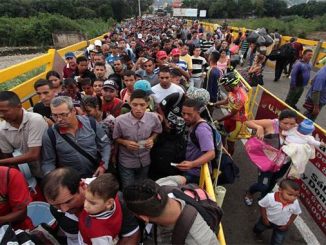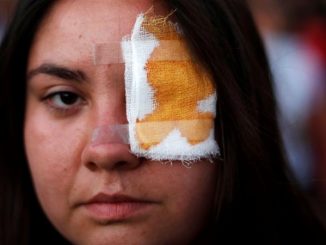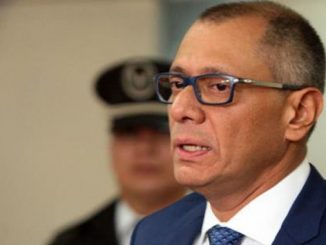
According to UNCHR data, 27 raids have been carried out in Bogota, five in Cali and four in Medellin.
As a response to the nationwide strike that thousands of Colombians are carrying out on Thursday, President Ivan Duque increased the number of troops patrolling in urban areas, which generated concern at the Office of the United Nations High Commissioner for Human Rights (OHCHR).
“The Office notes with concern the issuance of several decrees and instructives which could allow mayors and governors to declare curfews and request military support for public order control,” the UNCHR representative in Colombia Alberto Brunori said.
The government argued that the military presence in the streets does not imply a militarization of the country but “a support” to the Police’s everyday tasks. This reasoning, however, has been criticized.
“States must limit and condition the use of Military Forces to control internal disturbances as much as possible, since military training, equipment, and perspectives are not adequate to guarantee the protection and control of civilians,” Brunori explained.
Since Tuesday human rights defenders have been denounced that the Police raided homes of social leaders in Bogotá, Medellín, and Cali.
So far, according to UNCHR data, 27 raids have been carried out in Bogotá, five in Cali and four in Medellín to homes of activists, offices of social organizations and alternative media facilities.
Colombia’s main organizations of workers, farmers, and students reject Duque’s neoliberal policy package, which seeks to eliminate the state-based pension fund, increase the retirement age and hire young people with salaries below the minimum wage.
This article originally appeared on teleSUR English.




Be the first to comment